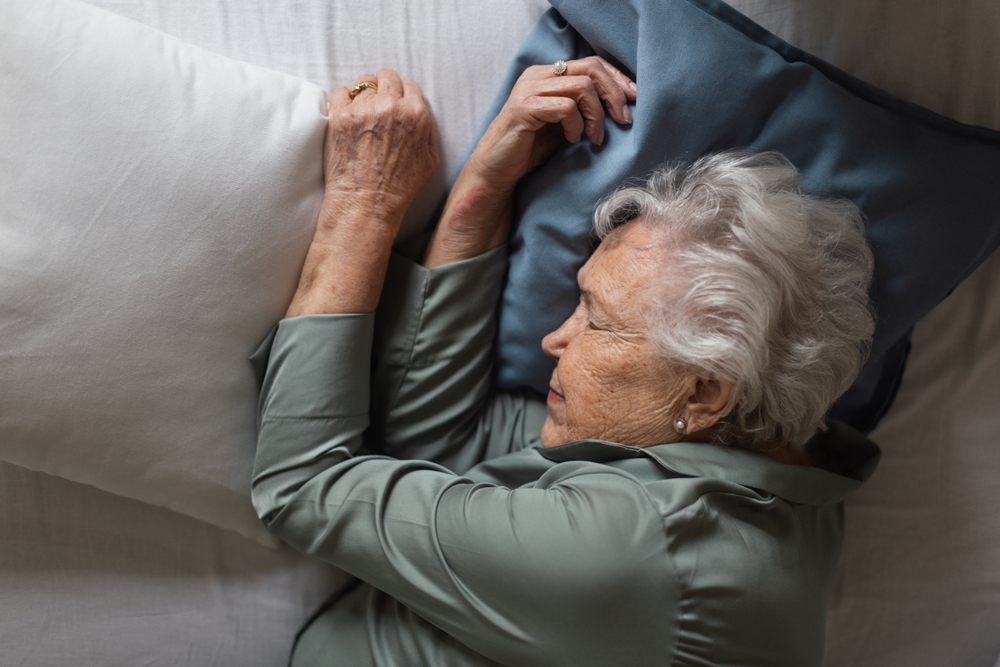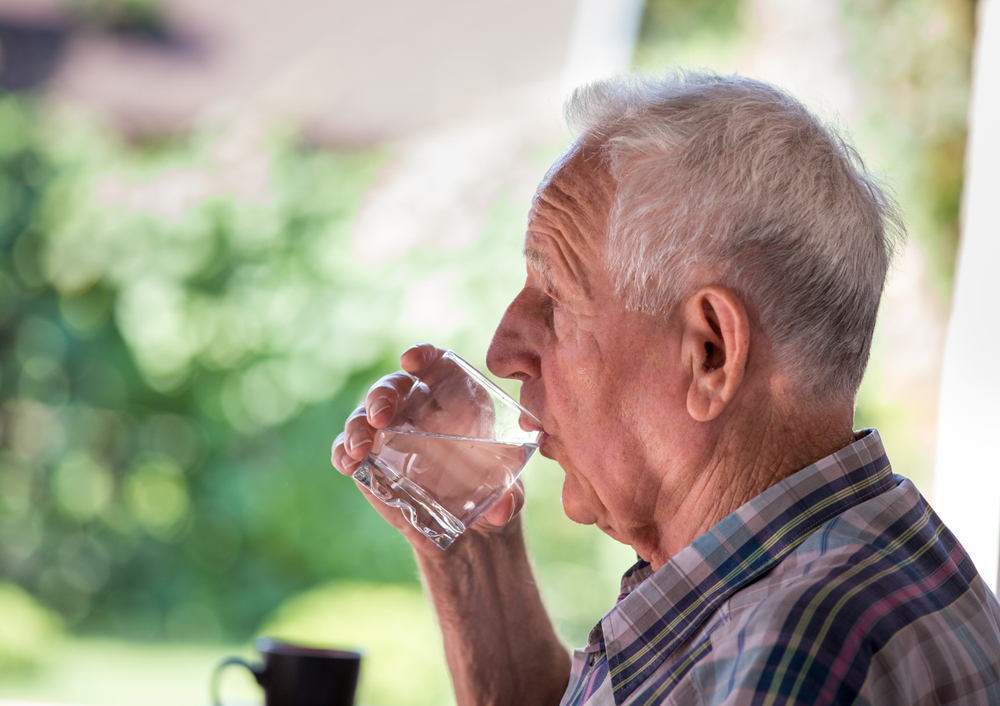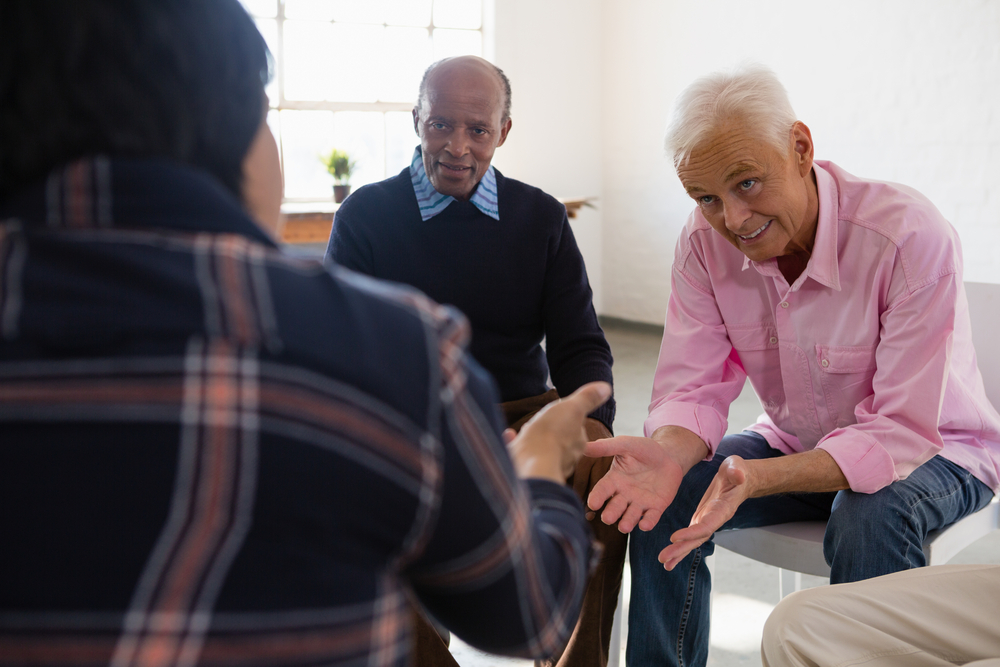Fatigue in Elderly Adults
Category:

Napping is essential as we age, but it could indicate more than just natural aging in seniors. Recognizing this shift is crucial in caring for our elderly loved ones. If an older family member is abnormally tired or dependent on daytime naps, it may indicate severe fatigue issues. This blog explores how to differentiate between normal exhaustion and serious fatigue in seniors, and when to seek medical assistance for your loved one.
Identifying Signs of Fatigue
Sometimes, a senior may feel fatigued, so often they forget what an average energy level feels like and do not realize something is wrong. Some signs of fatigue in elderly adults you should watch for include:
- Frequent complaints of tiredness or sleepiness
- Sleeping an excessive amount at night
- Frequent naps during the day
- Muscle weakness
- Weight loss
- Lack of motivation
- Agitation, anxiety, or mood swings
- Difficulty concentrating or other memory problems
- Exploring Causes of Fatigue
Causes of Fatigue in Elderly Adults
Any number of conditions could cause extreme fatigue in elderly adults. Some of them include the following:
Sleep-Related Issues
Our sleep cycles change as we age, and it can be difficult for seniors to get enough sleep. Sleep apnea and restless leg syndrome can affect sleep as well and can be diagnosed with a sleep study.
Hormonal Changes
Hormones also change with age, and specific changes in hormones can make getting to sleep or staying asleep difficult.
Effects of Medical Treatment
Unfortunately, extreme fatigue in an elderly patient can be a side effect of medical treatment, especially in those with chronic illnesses like cancer. Some blood pressure medications and antihistamines (like allergy medicines) can also cause fatigue.
Chronic Pain
As you can imagine, being in pain all the time would make anyone fatigued. Arthritis and fibromyalgia are two common conditions in the elderly that result in chronic pain. The body’s constant work to ease the pain leads to fatigue. It can lead to mental and emotional fatigue as well.
Anemia
Anemia is caused by a lack of red blood cells, which carry oxygen throughout the body. Symptoms of anemia include weakness, feelings of lightheadedness, and fatigue. Luckily, anemia can be managed with medication.
Dehydration
Dehydration is often the cause of sudden fatigue in elderly adults. In general, an adult should be drinking half their body weight in ounces of water each day. So, a 160-pound adult should be drinking 80 ounces of water. It is more than you think, which makes dehydration a likely cause of sudden fatigue or lightheadedness.
Thyroid Issues
The thyroid is a major playing in regulating many of your body’s systems. Fatigue is a warning sign that something could be wrong with the thyroid, which is easily checked by a doctor.
Urinary Tract Infections
While a more common sign of UTIs is agitation along with difficulty or frequent urination, fatigue can sneak in as a symptom as well.
Mental Health
Fatigue is one of the most commonly reported symptoms of depression. Depressed adults can sometimes feel so fatigued they cannot even get out of bed in the morning. While you wouldn’t think your elderly loved ones have any reason to be stressed, they may experience grief or depression for a variety of reasons. Fatigue due to depression or stress can often be helped with talk therapy or medication.
Download Our FREE Guide to Senior Sleep Habits
Taking Action Against Fatigue
To distinguish between normal tiredness and fatigue in seniors, observe their energy patterns. Normal tiredness usually resolves with rest and is related to recent activity. However, fatigue persists despite rest and may include symptoms like ongoing weakness, mood changes, or memory issues. Persistent or worsening signs, especially those that don’t improve with rest, suggest fatigue that may need medical evaluation.
If your elderly loved one experiences fatigue, it’s important to speak with their doctor to see if there’s an underlying cause that can be treated to improve their quality of life.
Subscribe
Date: November 16, 2023
Category:


